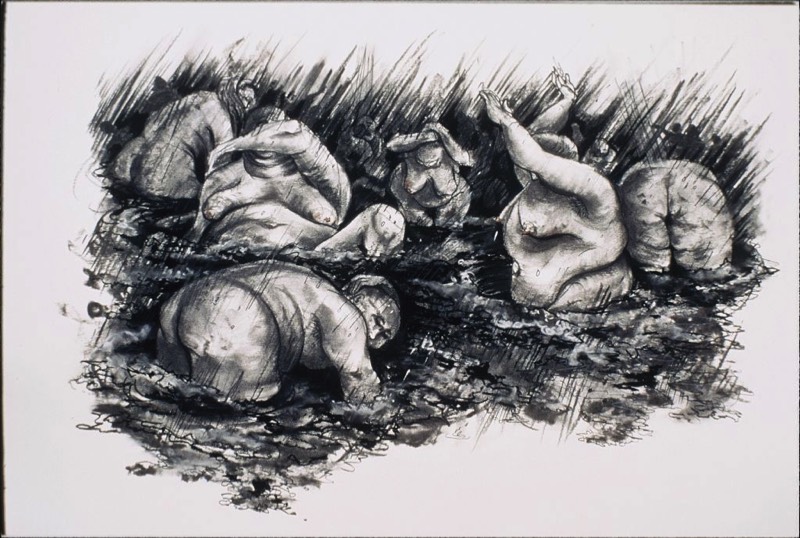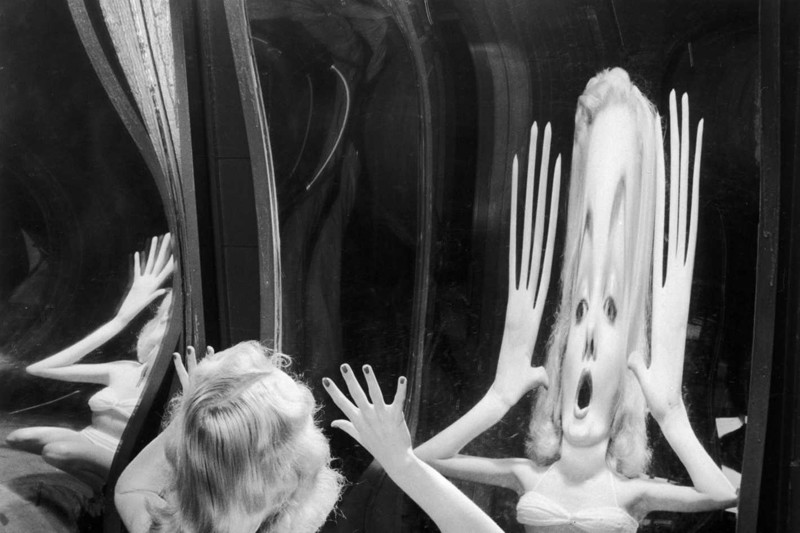
Last week, the National Parliamentary Prayer Breakfast convened with a focus on the power of the F-word in public life. In our cultural moment, we prefer score settling and retribution to what was once a cherished value: Forgiveness. Can the Christian story offer anything to an era which is caught in endless cycles of violence, conflict, injustice, and vengeance?
In our lifetime, we have seen the experiment of what happens when a whole country dedicates itself to forgiveness. In South Africa, overcoming the trauma of apartheid did not mean forgetting but choosing to remember collectively. Evil was named. But could this kind of truth set one free? There were no shortcuts to forgiveness. There was no quick wiping the slate clean that avoided the truth. Instead, perpetrators were faced with real people and stories of what they had done. Victims recounted their trauma, but in a new way that enabled them to stop being the victim of what had happened to them. In South Africa, forgiveness was not religiously sanctioned denial. It offered the victims agency, and release from the cycle of vengeance.
From South Africa, we learned the power in sharing trauma stories. We discovered the importance of looking for underlying causes and ideologies that are contributing factors. But that was not the end. We also watched the power of restorative narratives, testifying to the beautiful fragility and hope of reconciliation. Without forgiveness, no relationship on a personal or national scale can be sustained. What would it look like to begin to create a forgiveness culture amid a culture of hate?
In the fourth century, there were communities of Christians who fled the Roman empire and set up shop in the desert. They gave their life to prayer and forgiveness because they found that despite fleeing from the “sins” of Rome, they could not escape themselves. They were in the desert with a handful of other people, and yet their hearts still contained hatred. They did not have muscle memory oriented toward forgiveness.
For others, hearing that they are forgiven forty times finally cracks through a self-defeating wall.
And so, they relentlessly practiced forgiveness. They practiced it by stopping the incessant outward glance at other peoples’ faults. They asked forgiveness constantly, in a bold attempt to own their own culpability and blindness. And they ritualized this practice in a once-yearly “Forgiveness Sunday” which makes many of us squirm just to think of it. The Sunday before Lent, everyone in the community would extend a word of forgiveness to each person, and beg their forgiveness in turn.
Forgiveness Sunday is still practiced annually in Eastern Christian churches (often Greek or Russian) where you can still wander in on the Sunday before Lent, and work on your F-word muscle memory. In case you find yourself in one of these churches, the script goes something like this:
Person 1: Forgive me, sister.
Person 2: God forgives you. And so do I. Forgive me brother.
Person 1: God forgives you. And I forgive you.
Of course, this exchange can be rote. But for some for whom there has been anything amiss, eyes well up with tears. Perhaps it is the letting go of an exhausting grudge. For others, hearing that they are forgiven forty times finally cracks through a self-defeating wall. And for everyone, it is a commitment to not constantly ruminate on the wrongs of others, reliving incidents to keep the anger going. If done rightly, it allows for the recognition of wrong, while not allowing it to perpetuate itself in you. In essence, it is the cheapest mental health shortcut, available at a church near you.
Back in the fourth century, Forgiveness Sunday arose as a circumstantial necessity because these desert dwellers would retreat even further into the desert for Lent. Call it a detox camp. Call it a therapeutic immersion. Call it a technology fast. Regardless, due to the dangers of the desert (wild animals and a hostile environment), these Christians wanted to receive the forgiveness of their brothers and sisters (and offer it) in case they did not return to the community to celebrate Easter. For us, a modern equivalent might be simply to enter the liturgical time of confession and forgiveness on a regular Sunday. And to lean more deeply into the well-worn phrase to “forgive us our trespasses, as we forgive those who have trespassed against us.” Would it be possible to treat these words with a whole new level of personal responsibility and vulnerability?
Forgiveness Sunday is the humble declaration that we are both victims and perpetrators.
Forgiveness, when taken seriously, is a process that takes time. Forgiveness involves great courage, but also the great humble realisation that we could have just as easily done the very act that needed forgiving, under different circumstances. Forgiveness involves neither appeasement nor grovelling. For the church, the ritualised understanding of Forgiveness Sunday is the humble declaration that we are both victims and perpetrators. And that, somehow, Christ accompanies us in the grief of both.
In the Christian tradition, Jesus founded his new order upon forgiveness. Jesus knew that the unforgiving heart is closed to not just giving forgiveness but to receiving it – it is sealed up like a tomb. That those who are least forgiving also live daily with the fiercest critic – themselves. In other sayings, Jesus highlights that forgiveness is not merely an interior disposition, but also one honours the integrity of the process of working through an injury. And finally, Christians believe that Jesus practiced what he preached: he forgave his enemies (and died for them) to secure divine forgiveness for everyone. For his followers, they had no choice but to forgive – and many of them ended up founding communities of forgiveness.







